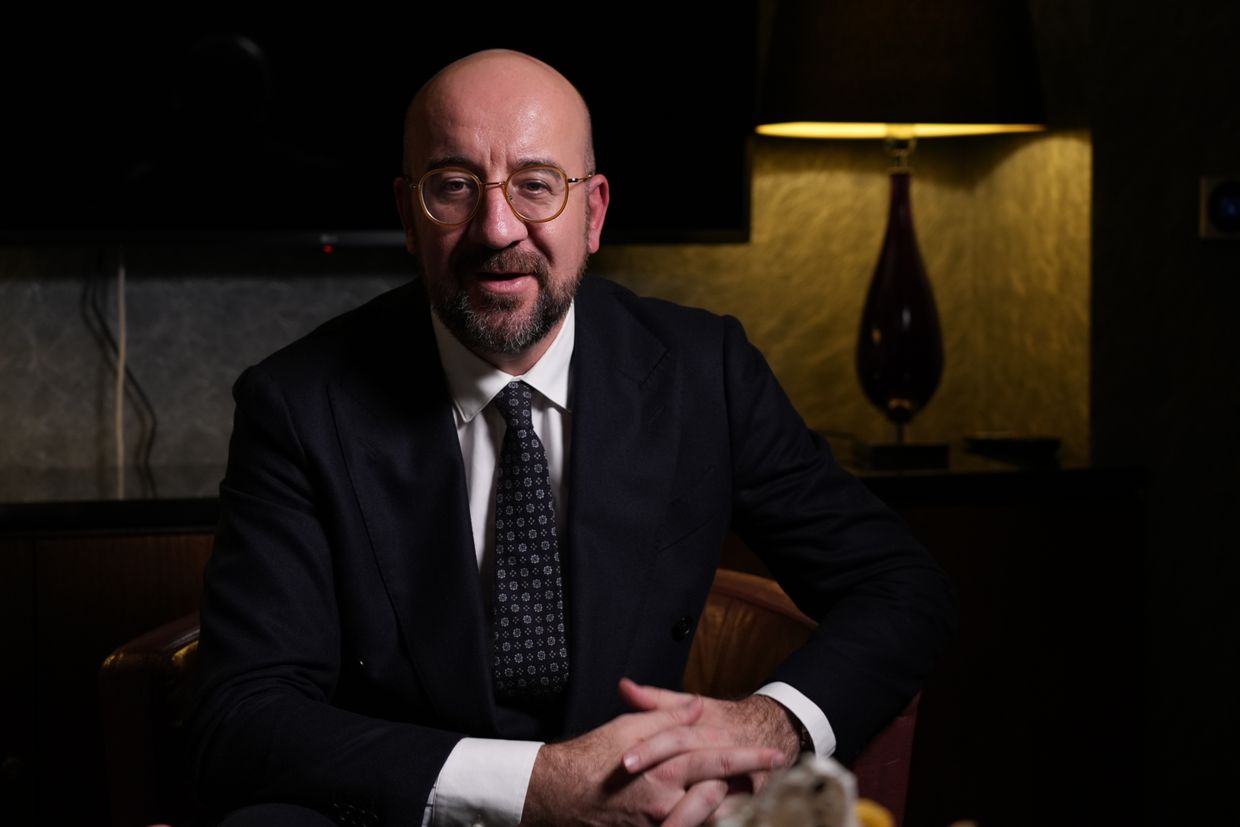Bloomberg: Some EU members seek to weaken Russia sanctions enforcement plan

Some EU countries seek to weaken the bloc's plans aimed against Russia's ability to acquire restricted dual-use goods via third-party countries, Bloomberg reported on Nov. 25, citing undisclosed sources.
The European Commission has reportedly proposed banning importers from reselling dual-use products like semiconductors to Russia while requiring the buyers to deposit a certain sum in an escrow account.
In case of the ban's violations, at least half of this deposit would be sent to a Ukraine trust fund, and the contracts would be terminated, Bloomberg reported, citing the EU's sanctions proposals.
A "group of big member states" reportedly raised concerns about the legality and feasibility of such a move.
These countries also prefer a more limited scope of clauses and goods covered by this measure and voiced worries of competitive disadvantage for European companies, the sources told Bloomberg.
Other nations, like the Baltic states, reportedly back the proposal.
The European bloc is currently working on its 12th Russia sanctions package, which may reportedly include export bans on machine parts and other dual-use goods, a ban on the export of Russian diamonds, and measures to reinforce the $60 per barrel price cap on Russian oil.
The EU also seeks to strengthen the effectiveness of the sanctions already imposed against Russia over its invasion of Ukraine, according to European Commission President Ursula von der Leyen.
Both the EU and the U.S. have long sought to curtail Russia's ability to acquire sanctioned dual-use goods with military applications via third-party countries.
More than 80% of Russia's purchases of "high-priority items" are coming from China and Hong Kong, Bloomberg said.
Exports from countries like Kazakhstan, Serbia, Turkey, Armenia, Azerbaijan, and Uzbekistan fell in the second half of 2023 but remain mostly higher than pre-war levels, according to the news outlet.











